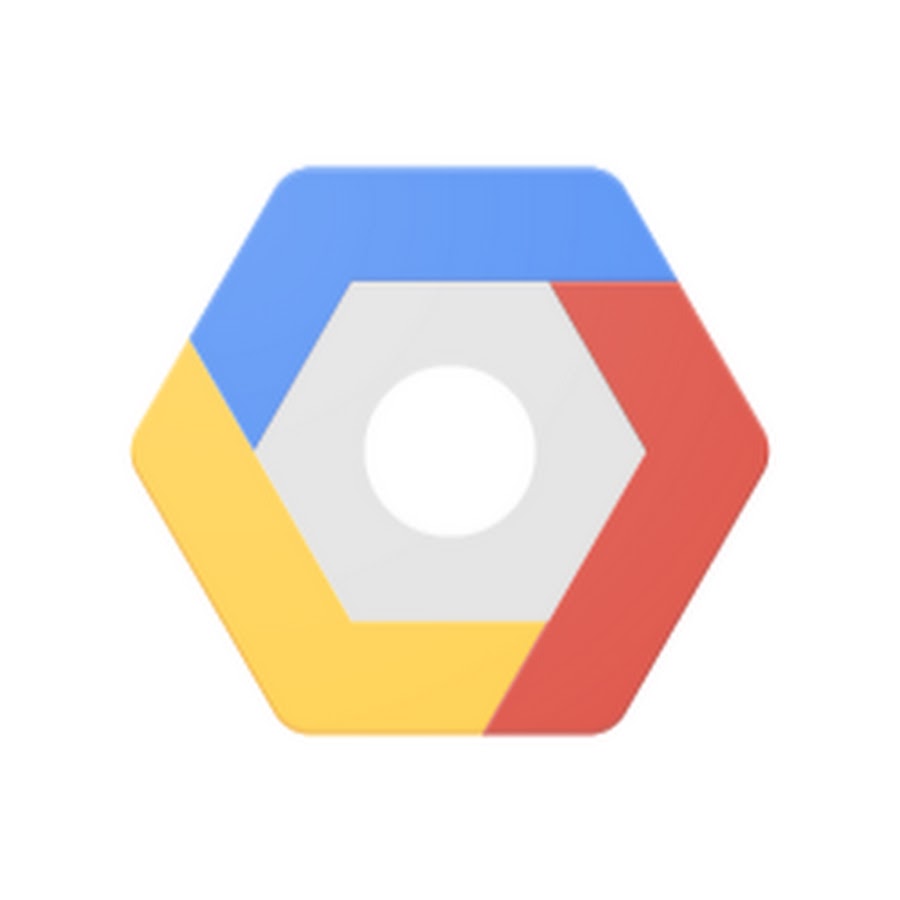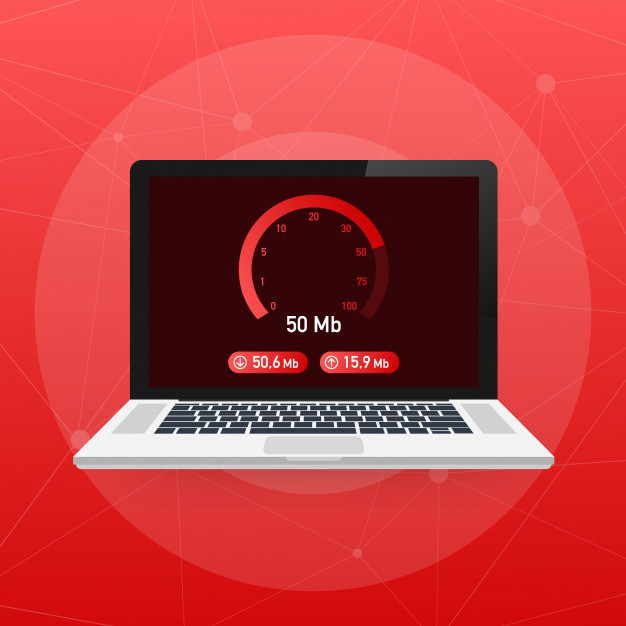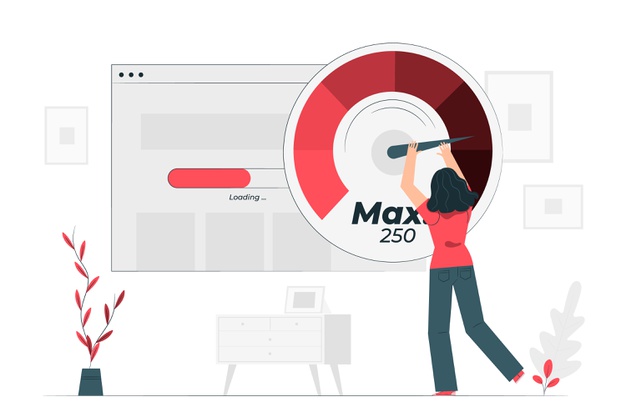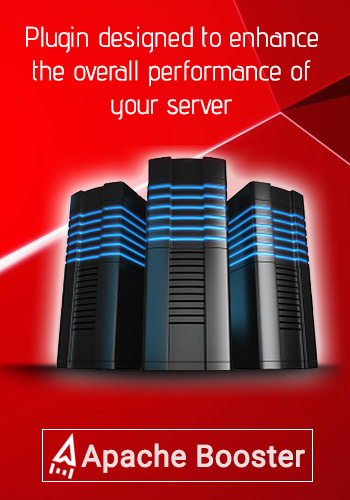
Google Cloud Platform | Reasons why should I use GCP?
- August 1, 2019
- 0
What is Google Cloud Platform (GCP)?
To understand the concept of Google Cloud Platform, we need to have a basic idea on the public cloud. Public cloud can be explained as a platform which makes use of the standard cloud computing model to manifest resources like virtual machines that is available to the users remotely. Public cloud services can be free or availed through a wide range of customizable subscription packages or on-demand pricing schemes. It can cut short the needs of an organization to invest in and maintain their on-premises IT infrastructure. Customers have the most wanted option to pay for only what they use. Public cloud can also enhance the scalability of meeting workload and user demands as well.
Google Cloud Platform is simply, a group of public cloud computing services offered by Google. Specifically, Google makes available the services it uses to any software developer upon payment. We pay not for the machine but the resources the machine uses. It enhances and supports individuals and organizations to build and run the software.
What does Google Cloud Platform do?
When an application or software is run on the Google Cloud Platform it carefully traces all the resources it uses. To be specific, the processing power, data storage, database queries, and network connectivity that it requires.
When is it used?
Generally, organizations hire candidates for GCP when –
“You want to build and run an application that can leverage the power of hyper-scale data centers in some way: to reach users worldwide, or to borrow sophisticated analytics and AI functions, or to utilize massive data storage, or to take advantage of cost efficiencies.”
Google Cloud Platform Explained
Let us have a look at the special features of GCP.
(1) It can automate the deployment of modern applications: This helps the developers to deploy their modern applications for a conventional platform in the Google cloud.
(2) Creative cost control: Rather just providing the services at competitive costs, GCP makes it creative by providing certain value-added services like deleting the unused objects over a fairly good period.
(3) User-friendly approach: GCP is ready with a step by step guide for the new users to ensure hassle-free user experience.
Google Cloud Platform Services
Come to know about some of the major services from Google Cloud Platforms.
1. Google Compute Engine, GCE: Hosts virtual machines. This is an infrastructure-as-a-service (IaaS).
2. Google Kubernetes Engine (GKE, formerly Google Container Engine): Management and adaptation of Docker containers that are structured for the deployment on cloud platforms.
3. Google App Engine: Equip the developers with tools and languages to access Google’s scalable hosting. The process is cloud-native development. It is different from the local building of the application and a remote deployment in the cloud.
4. Google Cloud Storage: Stores large and unstructured data sets. It also represents the data to the user in the most useful manner.
Application Development and Integration Services
1. Google Cloud Pub/Sub: Instant messaging service to exchange messages between applications.
2. Google Cloud Endpoints: Helps developers to develop RESTful API (an application program interface that uses HTTP requests to GET, PUT, POST and DELETE data) based services and make them accessible to other clients.
Other Services
- Anycast DNS servers
- Direct network interconnections
- Load balancing
- Monitoring and logging
Higher Level Services
Higher-level services refer to big data and machine learning related services. Some of them include the following:
- Google Big Query: Processes very large read-only datasets.
- Google Cloud Dataflow: Data processing, services from Google for both batches as well as real-time data streaming applications.
- ETL (Extract, Transform, Load): These three separate functions are integrated into a single, efficient tool.
Google Cloud Platform Pricing
GCP follows pay as per you go approach for pricing. Every service mentioned above used a particular set of resources of which the fundamental ones are processor power, data storage, memory, and connectivity. Google charges its consumers for the resources it uses. Google charges its consumers for the resources it uses. Google says that GCP customers can enjoy a considerable saving when they are open to tailoring their custom instance types,against choosing an over-provisioned type. Only the customers anticipating heavy data usage can avail Storage Growth Plan, which entitles them to discounts subject to certain conditions.
Google Cloud Console
Google Cloud Console helps you to efficiently manage the Google Compute Engine Resources with the help of a graphical interface. Its features are as follows:
1. It provides good accessibility to –
- All the Google Cloud Platform projects
- Google Cloud Shell
- All Google Cloud Platform APIs (with a specific dashboard to each API)
2. Personalizable dashboard which facilitates an overview of Google Cloud resources, billing, and a filterable active listing.
3. Provides links to GCP starting points, documentation and news.
GCP Console equips you to perform some basic storage management tasks with your data with the help of a browser. GCP helps you create data storage buckets, upload data to a bucket, download data from a bucket, creating and using folders, filtering the required objects, configure the metadata of objects, deleting objects, folders, and buckets, public sharing of data, to stop public sharing of data, setting bucket permissions, giving users’ project-level roles, and scanning buckets with Cloud Data loss prevention.
How to become a Google Cloud Certified professional?
Are you interested to know more or to master Google Cloud Platform? Google provides training sessions as well as certifications related to it. This includes schedules for cloud infrastructure, data and machine learning, application development and G suite administration, along with an introductory program for its cloud platform.
The three Google cloud certifications an IT professional can earn are:
- A Certified Professional Cloud Architect
- A Certified Professional Data Engineer
- A Certified Professional G Suite Administrator
A thorough comparison of the Google Cloud Platform with the leading competitors – AWS and Azure will certainly let you know the real highlights of the public cloud computing services from Google.
ApacheBooster is there to boost the low performing servers. Hence, if you wish to have a proper server troubleshooting that maintains the performance for long run then you must try this powerful plugin.





